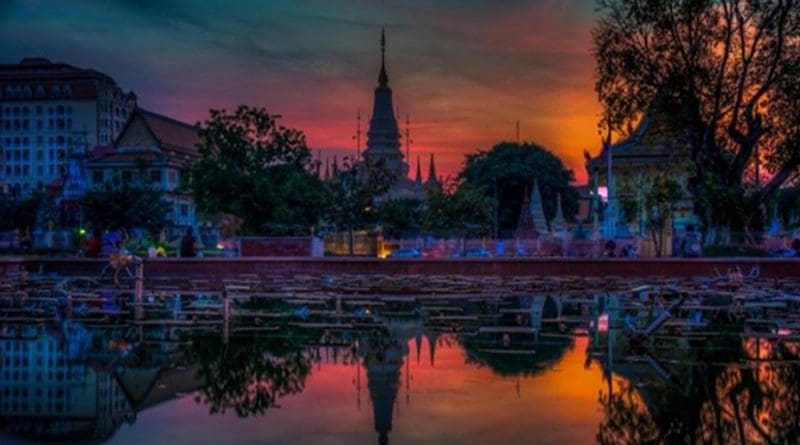Cambodia: July 29 Elections Not Genuine, Says HRW
Cambodia’s fundamentally flawed national elections on July 29, 2018, deny the Cambodian people their internationally protected right to choose their government, Human Rights Watch said. The European Union, United States, Japan, and others have determined that the electoral process is too problematic to send official election observers.
Serious problems with the electoral process include: arbitrary dissolution of the main opposition party, the Cambodia National Rescue Party (CNRP), and surveillance, intimidation, detention, and politically motivated prosecution of key opposition members. Other major concerns include a crackdown on independent media, a lack of fair and equal access to the media, and repressive laws restricting speech, association, and assembly. The national election commission is not independent. Across the country, senior military and police officials have been continuously campaigning for the ruling Cambodian People’s Party (CPP).
“The Cambodian government over the past year has systematically cracked down on independent and opposition voices to ensure that the ruling party faces no obstacles to total political control,” said Brad Adams, Asia director at Human Rights Watch. “Dissolving the main opposition party and banning many of its senior members from politics means this election cannot possibly reflect the will of the Cambodian people.”
In 2017, the Cambodian government intensified its crackdown on the opposition CNRP through threats, harassment, intimidation, surveillance, and arbitrary detention and prosecutions. On November 16, 2017, the ruling-party-controlled Supreme Court ruled in favor of a government petition alleging the CNRP’s involvement in a “color revolution” to topple the government and dissolved the party. The court also banned 118 senior party members from all political activity for five years.
The government has also brought politically motivated criminal charges against the CNRP leadership. Several convictions against the party’s former leader, Sam Rainsy, forced him into exile. On September 3, 2017, police and military arrested the party’s president, Kem Sokha, on fabricated treason charges for his alleged involvement in a “color revolution.” Since then he has been held in pretrial detention at the remote Trapaing Phlong prison in Tbong Khmum province, far from his family in Phnom Penh.
The dissolution of the opposition party led the US to cut all electoral assistance to the government, and the EU to pull its financial support to the politically biased National Election Committee (NEC). Since then the EU and governments that had previously sent official election observation teams declined to do so because of the many structural problems that make the July 29 election unfair.
Article 25 of the International Covenant on Civil and Political Rights (ICCPR), to which Cambodia is a party, states that, “Every citizen shall have the right and the opportunity… [t]o vote and to be elected at genuine periodic elections which shall be by universal and equal suffrage and shall be held by secret ballot, guaranteeing the free expression of the will of the electors.”
“Governments concerned for Cambodia’s future should denounce this electoral exercise as a cruel fraud against the Cambodian people,” Adams said. “From the day the CNRP was dissolved, this election became a mockery of democracy, and a preordained victory for the ruling party. Now it’s up to the countries that committed so much to the 1991 Paris Peace Accords to help restore genuine democracy to Cambodia or accept the human rights consequences of an effectively one-party state.”

